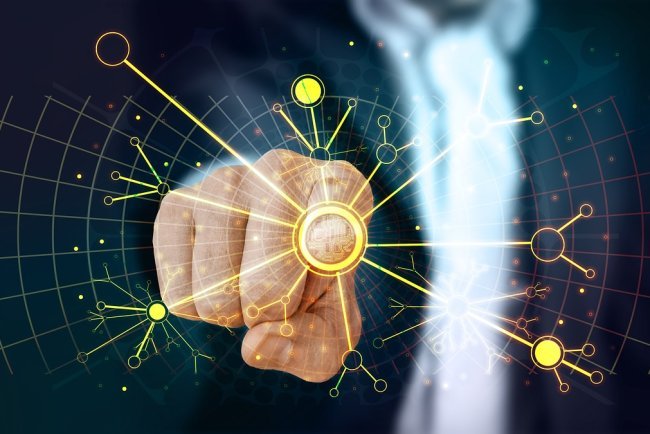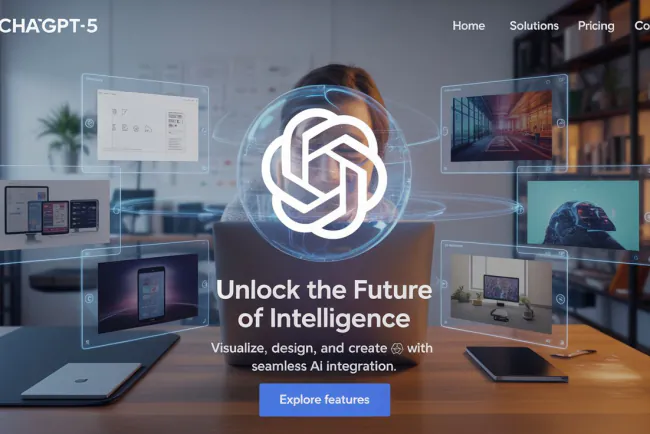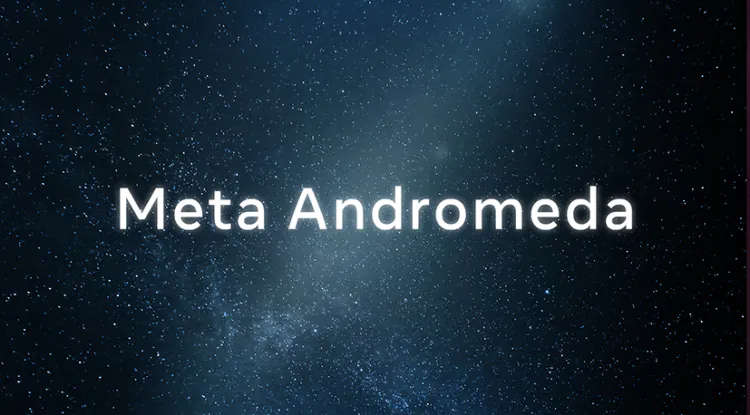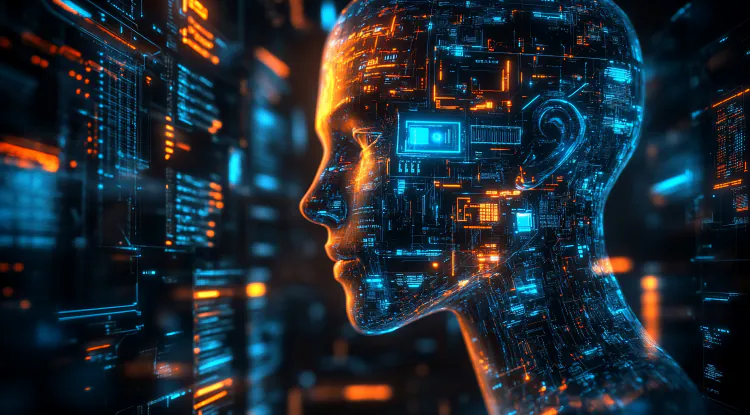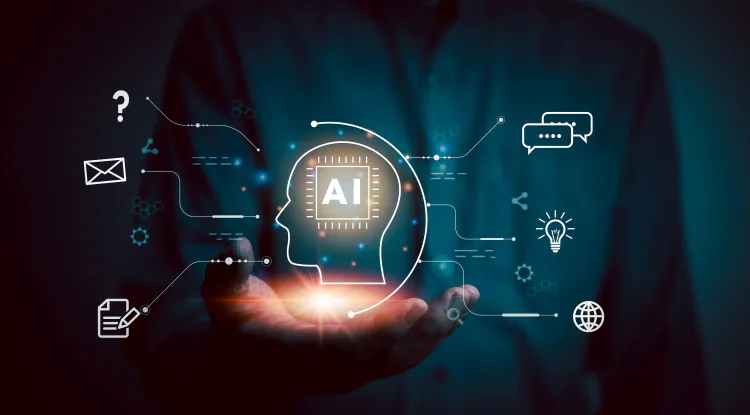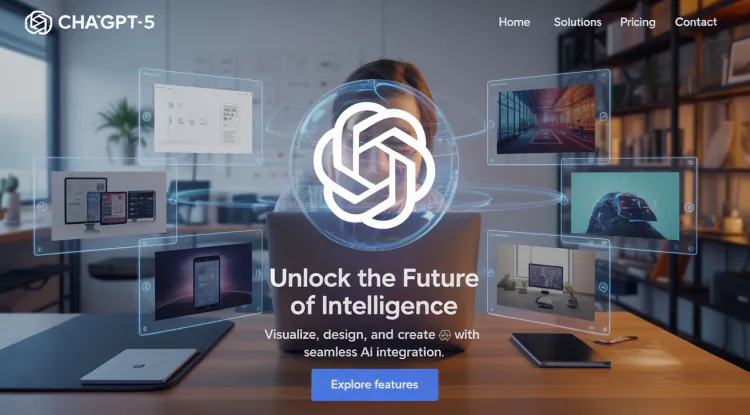Why AI Won’t Replace Developers—It Will Redefine Them
We are at a turning point in the tech world. Artificial Intelligence (AI) is not just a buzzword anymore—it’s a living, breathing part of our digital ecosystem. From automating repetitive tasks to generating functional code, AI is transforming how software is built. But amidst all this excitement, one truth stands tall: this is still the best time to be a developer. While some may believe that AI will eventually make coding obsolete, the reality is far more nuanced. AI tools are making software development faster and more accessible, but they are also placing greater responsibility on developers to provide direction, manage complexity, and ensure quality. At Blogosphere, we believe this shift is not a threat—it’s a massive opportunity. Let’s explore why developers remain central to the future of tech, even in an AI-driven world.
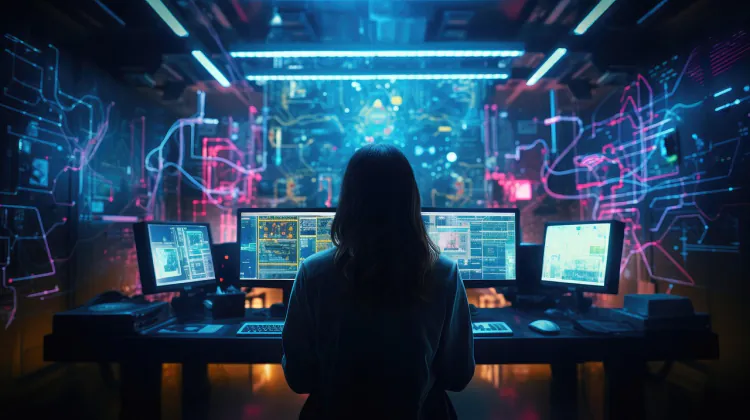
Coding Has Changed, But Its Core Still Matters
There’s no denying that tools like GitHub Copilot, ChatGPT, and other AI models have changed the way we write code. Developers can now describe what they want in plain language, and the AI will suggest complete code blocks, debug errors, or even write documentation.
Sounds magical, right? But here’s the catch—just because AI can write code doesn’t mean it understands your unique problem. AI lacks the context, judgement, and creativity that human developers bring. A developer who understands data structures, algorithms, security principles, and system design is still irreplaceable.
Without that foundation, the code generated by AI is just syntax—nothing more.
The Rise of Vibe Coding: Working With AI, Not Under It
One of the most exciting trends we’re witnessing is what some are calling “vibe coding.” It’s an intuitive, conversational style of development where humans guide AI, prompting it, tweaking its output, and fine-tuning the results.
This is where developers must shine—not as code typists, but as code architects.
The AI might generate 80% of the boilerplate, but the logic, edge cases, and performance optimizations still rely on human thinking. Developers are no longer just executors—they are becoming directors, orchestrating AI tools like Copilot to bring their vision to life.
In India’s fast-moving tech industry—be it Bengaluru startups or emerging digital hubs in Tier-2 cities—this collaborative model is empowering smaller teams to do bigger things.

AI as Your Co-Founder: A New Era for Indian Startups
Startups, especially in India, are embracing AI like never before. Think of AI as your silent co-founder—always available, never sleeping, and always ready to write code, answer queries, generate UI components, or suggest fixes.
This doesn’t mean you can launch the next unicorn without any technical knowledge. While AI accelerates development, the quality of your product still depends on your technical decisions. You need to know what to build, why it matters, and how it should behave at scale.
AI is a force multiplier, not a replacement for skill.
And there’s a new skill in town—prompt engineering. The better you communicate with your AI tools, the more value you extract. A clear, well-crafted prompt can save hours of coding effort. This skill is becoming just as valuable as knowing Python or JavaScript.
More Developers, Not Fewer
Some fear that AI will reduce the number of developers needed. On the contrary, it’s increasing the demand. Here’s why:
- Coding has become more approachable. Tools are removing barriers and empowering people from non-tech backgrounds to build solutions.
- Learning has become easier. Students and young professionals can now get real-time feedback from AI tools, accelerating their learning curve.
- Side projects are booming. From influencers building personal websites to homemakers creating budgeting tools, AI is bringing more people into the world of development.
These “consumer developers” may not have formal training, but they are contributing to the digital economy in meaningful ways. However, large-scale systems, high-performance applications, and enterprise-grade software will still need experienced developers to build and maintain them.
AI is Fueling Innovation, Not Replacing Jobs
Across industries, AI is being adopted not just to cut costs, but to spark innovation. Businesses are using AI to brainstorm new product ideas, test user experiences faster, and automate repetitive workflows.
In fact, AI is increasing the scope of work. A single developer can now do what earlier needed an entire team. This doesn’t reduce jobs—it redefines roles.
Companies in India are adapting quickly. Whether it’s a health-tech firm in Hyderabad or an edtech platform in Noida, AI is becoming a must-have part of the stack. And while some companies may freeze hiring temporarily to recalibrate, most are gearing up for long-term growth powered by automation and innovation.
The advantage clearly lies with young developers who are fluent in AI tools. They understand how to integrate Copilot, how to draft effective prompts, and how to build solutions with speed. This generation is uniquely positioned to lead.

Coding is Now for Everyone
One of the most heartening developments is how AI is democratising software development.
You don’t need to be an engineer from IIT to build a website anymore. With platforms like Vercel, Webflow, and GitHub Copilot, anyone with a creative idea can turn it into reality. AI fills the gaps, offering code suggestions, fixing errors, and helping with integrations.
This is transformative for India, where millions of aspiring students in smaller towns and rural areas can now access powerful tools without expensive degrees or coaching classes.
AI is making coding less about syntax and more about ideas. It’s turning human creativity into software without friction.
Building the Right Mindset for the AI Era
Technology is evolving fast. From generative AI to self-driving cars, the pace of change is unprecedented. Instead of fearing it, we must learn to embrace it.
We must teach our children and students not just how to use tools, but how to think critically, solve problems independently, and adapt continuously. The ability to learn new skills on the fly will define success in this era.
At Blogosphere, we believe that the Indian education system must go beyond textbooks. Schools, colleges, and training platforms need to focus on mindsets more than modules. The goal should be to nurture creators, not just coders.
AI is Not Just for Developers Anymore
While developers remain at the core of AI’s impact, other professionals are also seeing the benefits. Product managers, UI/UX designers, content creators, marketers—all are using AI tools in their workflows.
Need a quick summary of a meeting? Use an AI transcription app. Want to brainstorm 10 tagline options? Ask ChatGPT. Want to auto-generate a product feature list from customer feedback? There’s a tool for that too.
AI is becoming the Google Search of the new decade—a tool you consult multiple times a day to improve your work.

The Road Ahead
Let’s be clear—AI is not a threat to developers. It’s a powerful assistant, a creative collaborator, and a time-saving partner. But it needs direction. It needs the human touch.
As we move forward, developers will evolve from coders to creators. From people who write code line-by-line to visionaries who orchestrate entire systems through AI-enhanced workflows.
The opportunity today is immense—for students, professionals, entrepreneurs, and dreamers. If you have ideas and are willing to learn, the barriers are lower than ever.
So yes, the golden era of development is here. And it’s only just begun.
What's Your Reaction?








